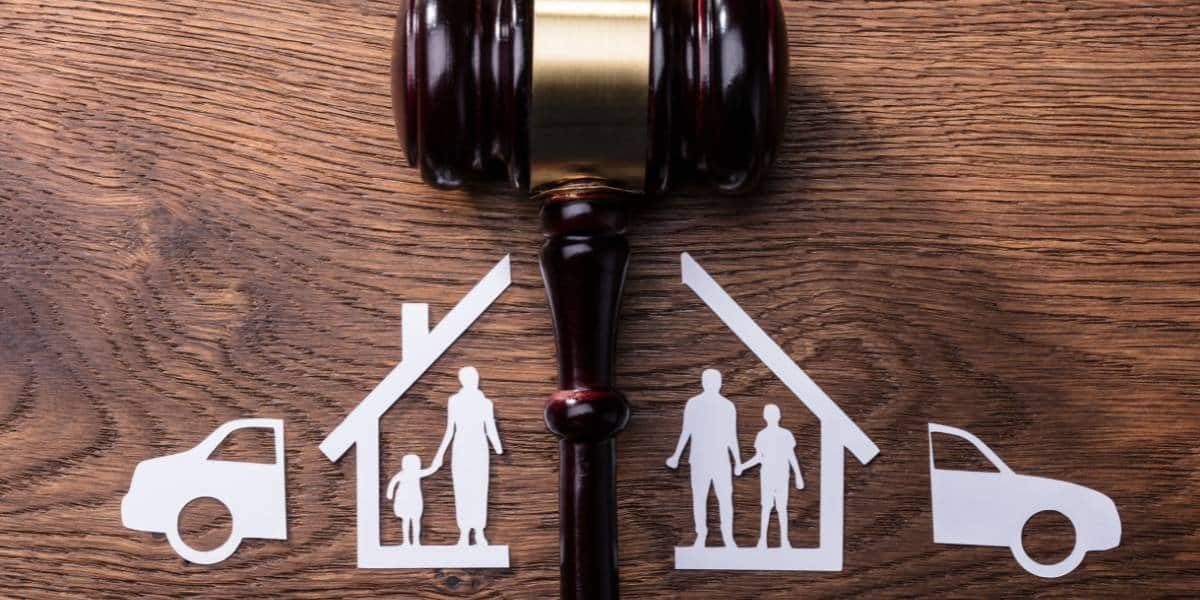Divorce can be a tough and emotional experience, and one of the biggest questions people have is, “How long does a divorce take?” The timeline can vary a lot based on several factors, including the complexity of the case, the level of conflict between the spouses, and the specific laws in the state where you file. In this post, we’ll walk you through the divorce process and take a closer look at how long a divorce takes in New York.
Understanding the Divorce Process
Before we dive into timelines, let’s break down the basic steps involved in the divorce process. While the process can vary depending on where you live, the following steps are pretty standard:
-
Filing the Petition: The divorce process starts when one spouse (the petitioner) files a divorce petition with the court. This document outlines the reasons for the divorce and what the petitioner is asking for (e.g., custody, support, property division).
-
Serving the Petition: The petitioner then serves the divorce papers on the other spouse (the respondent). This can be done through personal service, mail, or publication if the respondent can’t be found.
-
Response: The respondent has a set amount of time (usually 20-30 days) to respond to the divorce petition. They can agree with or contest the terms laid out by the petitioner.
-
Discovery: Both parties exchange information and documents about their assets, debts, income, and other relevant details. This process, known as discovery, helps both sides understand the marital estate.
-
Negotiation and Settlement: Many divorces are settled through negotiation. The spouses, often with their attorneys, try to agree on issues like property division, child custody, and spousal support.
-
Trial: If the spouses can’t agree, the case goes to trial. A judge will listen to both sides and make decisions on the contested issues.
-
Final Judgment: Once everything is resolved, the court issues a final judgment of divorce, officially ending the marriage.
Factors Influencing the Duration of a Divorce
Several factors can impact how long it takes to finalize a divorce:
-
Complexity of the Case: Divorces involving significant assets, business interests, or complicated financial matters usually take longer.
-
Level of Conflict: High-conflict divorces, where the spouses can’t agree on key issues, often require more court involvement and take longer to finalize.
-
Children: Divorces involving child custody and support issues can take more time, as these matters are often contentious and need careful consideration.
-
Court Schedules: The availability of the court and the judge assigned to the case can also affect the timeline. Busy court calendars can lead to delays.
-
State Laws: Each state has its laws and procedures for divorce, which can impact the timeline. For example, some states have mandatory waiting periods that can lengthen the process.
How Long Does a Divorce Take in NY?
If you’re wondering, “How long does a divorce take in NY?” the answer can vary. New York follows a process similar to the general steps outlined above, but there are specific factors to consider:
-
No-Fault vs. Fault Grounds: New York allows both no-fault and fault-based divorces. No-fault divorces, where the grounds are simply that the marriage has been irretrievably broken for at least six months, tend to be quicker than fault-based divorces, which require proving specific misconduct (like adultery or cruelty).
-
Residency Requirements: One of the spouses must meet New York’s residency requirements, which can affect the timeline if the requirements haven’t been met before filing.
-
Waiting Period: New York doesn’t have a mandatory waiting period, but the timeline can still be influenced by the specifics of the case and the court’s schedule.
-
Uncontested vs. Contested: Uncontested divorces, where both parties agree on all terms, can be resolved relatively quickly, sometimes within a few months. Contested divorces, on the other hand, can take much longer, often a year or more, due to the need for court hearings and potential trials.
-
Judicial Efficiency: The efficiency of the judicial system in the county where the divorce is filed also plays a significant role. Some counties may have more backlog and delays than others.
Average Timelines for Divorce
While every divorce is unique, here are some general timelines to consider:
-
Uncontested Divorces: These can take as little as three months from filing to final judgment, assuming there are no significant delays and both parties complete the required steps promptly.
-
Contested Divorces: These can range from nine months to several years, depending on the complexity of the case and the level of conflict between the parties.
Tips for a Smoother Divorce Process
To help ensure a smoother and potentially faster divorce process, consider the following tips:
-
Stay Organized: Keep all relevant documents and information well-organized. This can help speed up the discovery process and reduce delays.
-
Communicate Openly: Open and honest communication between spouses can help resolve issues more quickly and avoid unnecessary conflict.
-
Consider Mediation: Mediation can be an effective way to reach agreements without the need for prolonged court battles. A neutral mediator helps facilitate discussions and guide the parties toward a mutually acceptable resolution.
-
Hire an Experienced Attorney: An experienced divorce attorney can provide valuable guidance and representation, helping navigate the legal complexities and work towards a timely resolution.
Conclusion
So, how long does a divorce take? The answer depends on a variety of factors, including the complexity of the case, the level of conflict, and specific state laws. In New York, divorces can range from a few months for uncontested cases to several years for contested ones. Understanding the process and factors involved can help set realistic expectations and prepare for the journey ahead.
If you’re facing a divorce or have questions about the process, Krasner Law is here to help. Our experienced team is dedicated to providing compassionate and personalized legal representation. Contact us today for more information and to schedule a consultation.







